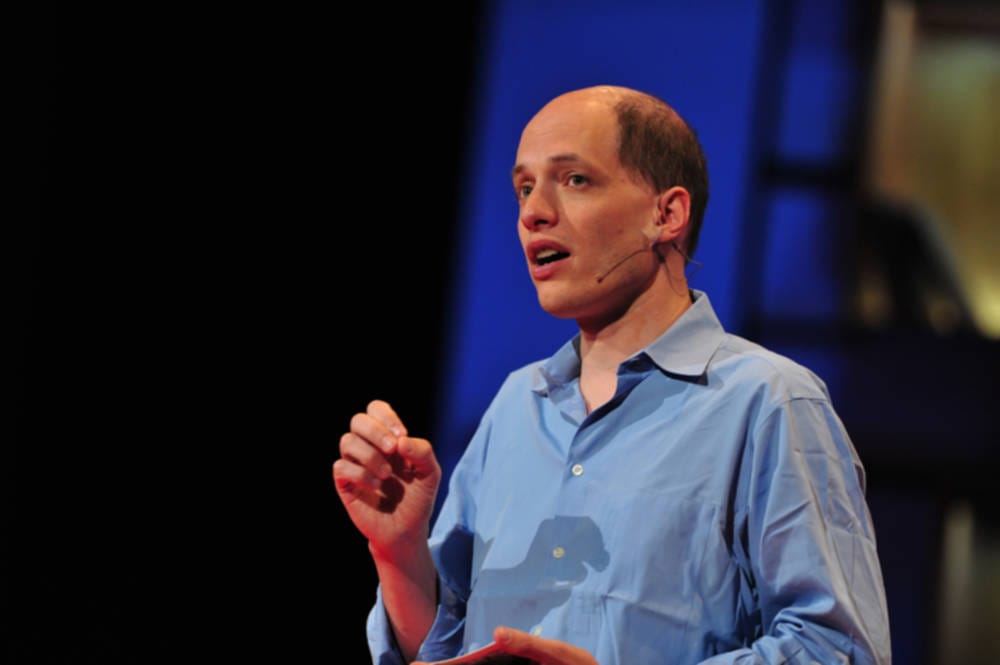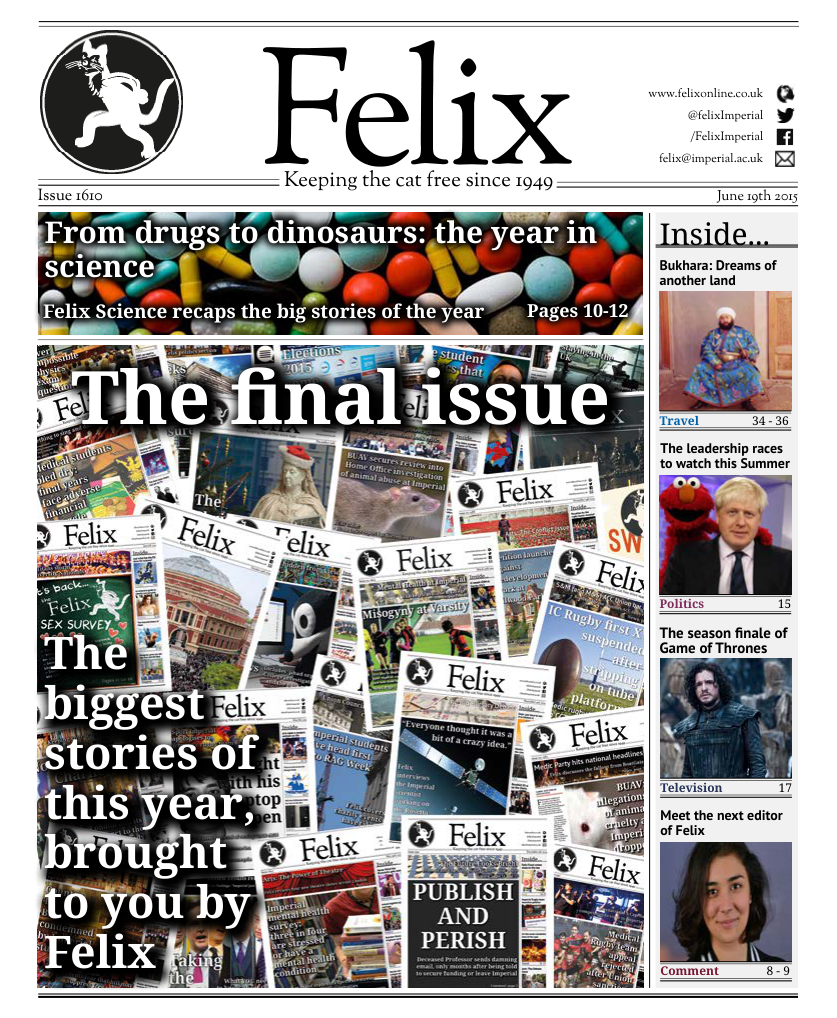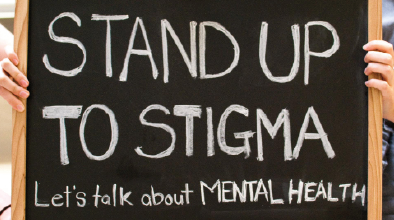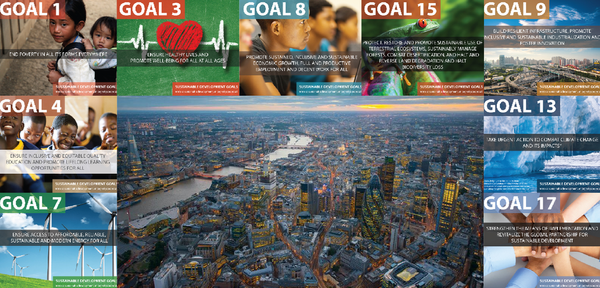In conversation with the author, documentary maker and popular philosopher, Alain de Botton
Joshua Renken talks religion, writing, The School of Life, and pornography

There are not many people who can say they have set up an international school, written books that have been bestsellers in 30 countries, and given two TED talks. Fewer still can say they have re-hung an art museum and worked as Heathrow airport’s first ever writer-in-residence – but the author, documentary maker, and popular philosopher Alain de Botton can claim all of these achievements.
Alain has spent his working life writing, talking and making documentaries about the “philosophy of the everyday.” The topics covered in his twelve published books include: art, success, travel, architecture, work, the news, pessimism, atheism, sex, love, philosophy, literature, and many others besides. In fact, it might be quicker simply to list the topics Alain has not written about.
The Swiss-born public intellectual moved to England to board at Harrow School before going up to Cambridge University, where he received a double starred first in History. Alain continued his academic career at King’s College London with a Masters in Philosophy and started working on a PhD in French Philosophy at Harvard University, before dropping out to write for the general public.
Aged just 23, Alain’s book Essays In Love was published to critical acclaim, and has sold over two million copies worldwide.
In 2008, Alain co-founded The School of Life – an organisation that is dedicated to “developing emotional intelligence through the help of culture.” Alain authors and narrates many of the films on The School of Life’s YouTube channel, covering topics ranging from “the philosophy of oral sex” and “the meaning of life” to profiles on many of the great philosophers and writers from history.
I got in touch with Alain to talk about the ideas running through his work.
Joshua Renken: How did the School of Life come to fruition, and what are the problems it is trying to address?
"We believe in the attempt to transmit wisdom around some of what people find trickiest in life."
Alain de Botton: The School of Life was started by me and some colleagues in 2008. The mission is to try to raise emotional intelligence, looking at key issues in emotional life through the prism of the humanities (philosophy, psychology, literature, history and so on). We believe in the attempt to transmit wisdom around some of what people find trickiest in life; knowing how to form relationships, living with others, facing death, finding a job that is satisfying and right for one’s talents etc.
JR: What key lessons can atheists learn from organised religion?
AB: Religion was never simply about superstition and belief. It’s also been about an attempt to instil an ethical code, to bring comfort, to nourish a feeling of community, and to ritualise key moments of existence. Religion hasn’t always done well in these areas (I am an atheist myself), but I believe that atheists can learn about the emotional needs that once drove people to religion and should look for ways to satiate those needs outside a structure of ‘belief’.
JR: Do you envision a large humanist movement in the future that employs the tools of communication used by religions, while the organised religions of today fizzle out? Is this Atheism 2.0?
“Religion will simply become implausible, but the needs that led humans to make up religion will go on.”
AB: Yes, eventually religion will simply become implausible, but the needs that led humans to make up religion will go on. So the challenge for a secular society like ours is to come with replacements for many of the activities and attitudes once put forward by religions.
JR: What do you think is more likely: a God or many Gods?
AB: Both seem utterly implausible to me, sadly.
JR: What was your ambition when you and The School of Life had the opportunity to re-hang the Rijksmuseum of Art in Amsterdam? Was it a success?
AB: The idea was to promote a very instrumental way of looking at art. It has been deeply fashionable for 150 years to claim that art has no purpose outside of itself, that it is just ‘art for art’s sake.’
This began as a respectable attempt to free art from the agendas of the state and religions; but it has ended us up with narcissism of the worst kind.
The best art has always been interested in helping its viewers with the great issues of life: how to greet death, find contentment, appreciate existence, celebrate what is good, condemn was seems wicked. The Amsterdam show put this aspect of art center stage.
It outraged many art critics (as it was meant to; they outrage me with their attitudes!) but it was an enormous popular success, drawing in hundreds of thousands of visitors to the museum and our website.
JR: What, in your view, is the purpose of art?
AB: The task of art is to console, to rebalance, to awaken, to sensitise, to question and to redeem. Art is deeply functional, just like a stapler or a spade.
JR: How can a pessimistic outlook lead to a happier life? Is the secret to happiness simply low expectations?
AB: Commercial society is unbearably jolly – and technology leads us to imagine that a better future is always around the corner. Because most of us will live to see most our hopes dashed, it definitely pays to have a deep reserve of pessimism to hand. Not least, it is a great for developing a sense of humour. The gap between what we want the world to be and what it is should be filled with laughter.
JR: What do you mean when you say the “architecture of news has broken down” in the media?
AB: One of the worst things about the UK is its media, which is alternately complacent, provincial, and plain uselessly nasty.
The task of the media is to help a nation to understand itself better, to gain a clearer insight into its problems, and to move forwards with understanding and wisdom. All this is missing, whether from The Guardian or The Sun or the BBC.
This shouldn’t surprise us, we’re still at the dawn of the age of news and are still working out how to structure and arrange the information we need.
JR: During research for your book The Pleasures and Sorrows of Work, what criteria did you find needed to be met for a fulfilling job?
AB: Fulfilment in work essentially comes from service, from helping others in accordance with one’s best capacities – and being moderately well recognised for having done so.
This sounds simple but is immensely hard, only a few of us are properly happy in our work, perhaps less than 10% of the working population.
JR: How would you change the way degree courses in the humanities are taught? Particularly in history and philosophy.
AB: I would dissolve away these archaic subject categories and teach under new categories like: Death, Friendship, Love, Community, Forgiveness etc.
Under such headings you’d find out a lot about history and philosophy, but not under those absurd academic headings like ‘The 19th century novel’ or ‘Neoclassicism’, titles dreamt up by, and only of interest to, scholars.
"I realised that academic life was always going to restrict me."
JR: In your book How To Think More About Sex, you touch on the subject of pornography. Do you think society’s general disapproval of pornography is healthy, and are you in favour of legalising prostitution?
AB: The point isn’t to ban pornography or approve of all of it, but rather to see whether we might get a better kind of porn, which really means a porn that’s more connected to values esteemed in other areas of life: dignity, respect, intelligence.
JR: Are you concerned that future generations will no longer have the attention span required to study great works of philosophy and literature?
AB: Many great works are very boring and anything writers can do to make their work slightly pacier and more direct should be welcomed. Let’s stop always blaming the reader. Some of the great masterpieces desperately need an edit.
JR: Should I feel a bit guilty that I find philosophy hard to read and occasionally even a little dull?
AB: No, it’s the fault of philosophers. Hegel is a great philosopher but he is a properly disastrous writer.
JR: Which books have made the biggest impact on your life?
AB: Proust’s In Search of Lost Time, which taught me that a novel can be philosophical.
JR: Why did you decide to stop pursuing your PhD at Harvard?
AB: I realised that academic life was always going to restrict me: I realised that my real vocation was to speak to other non-experts like me, not a narrow coterie of specialists.
JR: Do you ever read the reviews that come out of your books, and if so, do you find it easy to ignore ‘the haters’ when presenting a new theory to the public?
“As a writer...the best advice is to think not of what people might be saying right now, but of how things [may] look a few years from now.”
AB: I read all my reviews and have learnt a lot about life and myself in the process.
As a writer, to keep calm, the best advice is to think not of what people might be saying right now, but of how things might settle down and look a few years from now.
JR: How would you describe your own political views?
AB: I believe in high quality public environments, great media, intelligent school curriculums, a small state, very generous welfare – and extremely careful urban planning.
Alain’s latest book The News: A User’s Manual went on sale earlier last year.
You can find more information about Alain’s work at www.alaindebotton.com.







